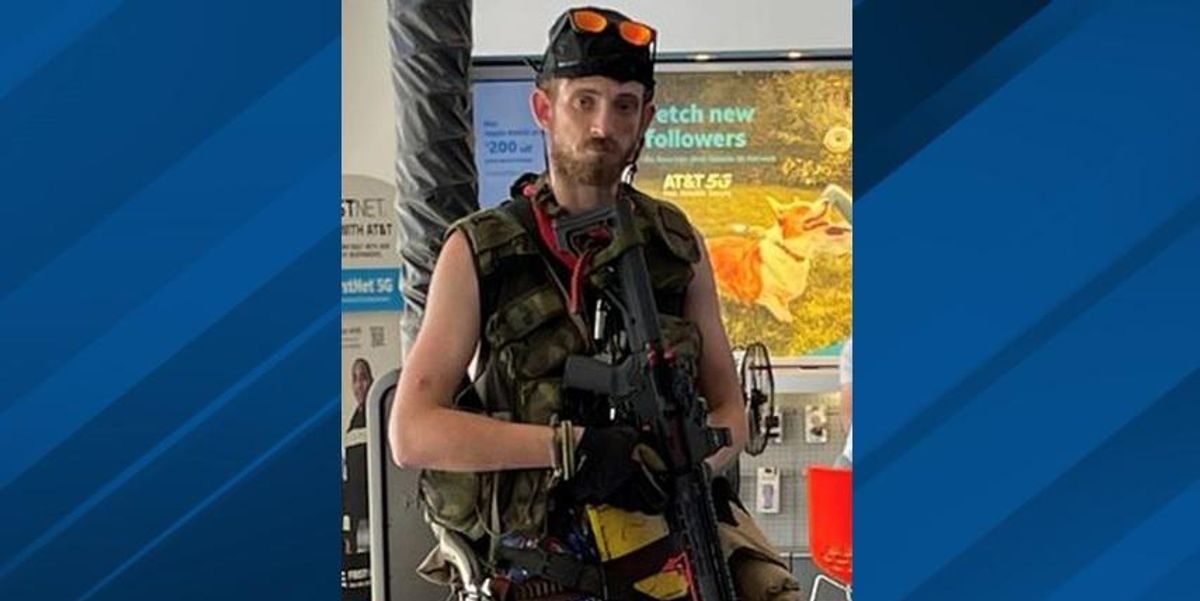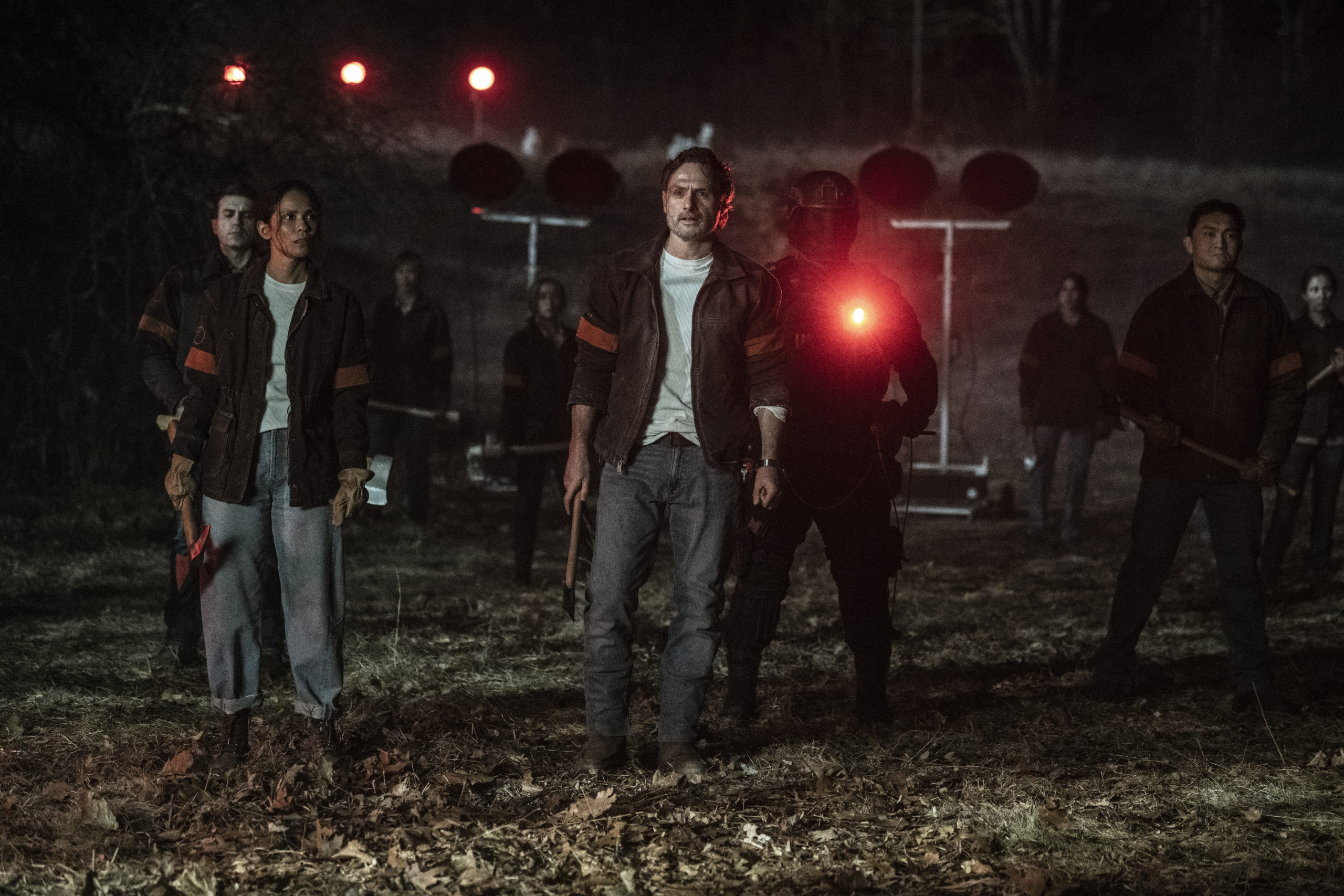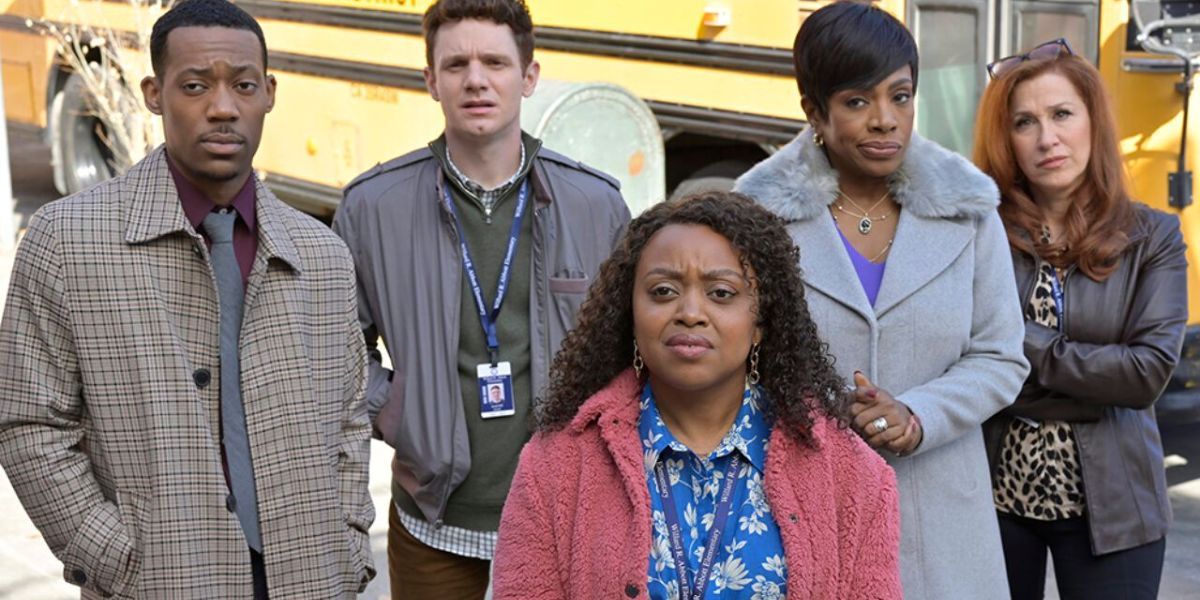In my mind, “The Wolf Among Us” was going to be my claim to fame. The short was going to be my “Reservoir Dogs,” my “Blindspotting,” my “Sorry to Bother You.” I had mapped out my Sundance success story, being interviewed by IndieWire and No Film School as I explained the long four-year journey and raising $16k—the blood, sweat, and tears that went into the project. I envisioned telling John Cooper about taking a chance on first-time actors, awkwardly filming a car sex scene in my mama’s backyard, and the logistics of burying a body in the woods. But then I got the first cut and those ambitious dreams quickly receded like my hairline in college.
As a filmmaker, you pour your soul into your movie. Late nights, maxed-out credit cards, and disappointed looks from your spouse all lead you to opening night. Among the crowd, you sit and hope that your film isn’t a pile of garbage. But sometimes it is. Filmmaking is a gamble. It takes the same amount of effort to make a good movie as it takes to make a bad movie.
In this case, I think I made a bad one. How do you define a bad movie? It can mean many things to different people. Whether it’s a terrible plot, rushed pacing, or straight-up boring. For me, the problem falls on me. I lost my voice. The film no longer reflected who I am or what I think. I let too many people take the wheel. In past films like “Maybe, Tomorrow?” and “5 Stages of a Relationship,” I wrote from my experience. However, “The Wolf Among Us” was different. It began as my usual run-of-a-mill dark comedy with characters that reflected at least one part of my personality, but it quickly grew into something I didn’t recognize. Although it’s my most collaborative project, it was a passive collaboration. I took a backseat in my story because I felt like I did not have a place in it. I am not part of the LGBTQ+ community. I have no idea what it means to be a black woman or nonbinary or queer. So, I let my co-writers and cast dictate how the characters behaved.
Yes, this was a good idea, in theory, but I should have done more work to shape a road for the characters to travel. Representation should have been at the forefront, not an afterthought. Pronouns feel like they’ve been thrown into the script like a dash of salt added to a meal already cooked. Dealing with gender identity is more complex than just opening up our casting pool to trans and nonbinary folks, but, in my ignorance, I did not realize that. I let the production get so wrapped up in representation politics behind the scenes that the characters and their relationships fell by the wayside on screen. We’d cut on a good take because someone was misgendered in the middle of a sentence and replace it with a new take that was lackluster. Certain adlibs had to be cut because they disrespected the way someone liked to be addressed. No additional direction was given besides saying the correct pronoun. This resulted in characters that don’t feel like friends with some wooden performances in the first cut.
























































![Key Metrics for Social Media Marketing [Infographic] Key Metrics for Social Media Marketing [Infographic]](https://www.socialmediatoday.com/imgproxy/nP1lliSbrTbUmhFV6RdAz9qJZFvsstq3IG6orLUMMls/g:ce/rs:fit:770:435/bG9jYWw6Ly8vZGl2ZWltYWdlL3NvY2lhbF9tZWRpYV9yb2lfaW5vZ3JhcGhpYzIucG5n.webp)

















